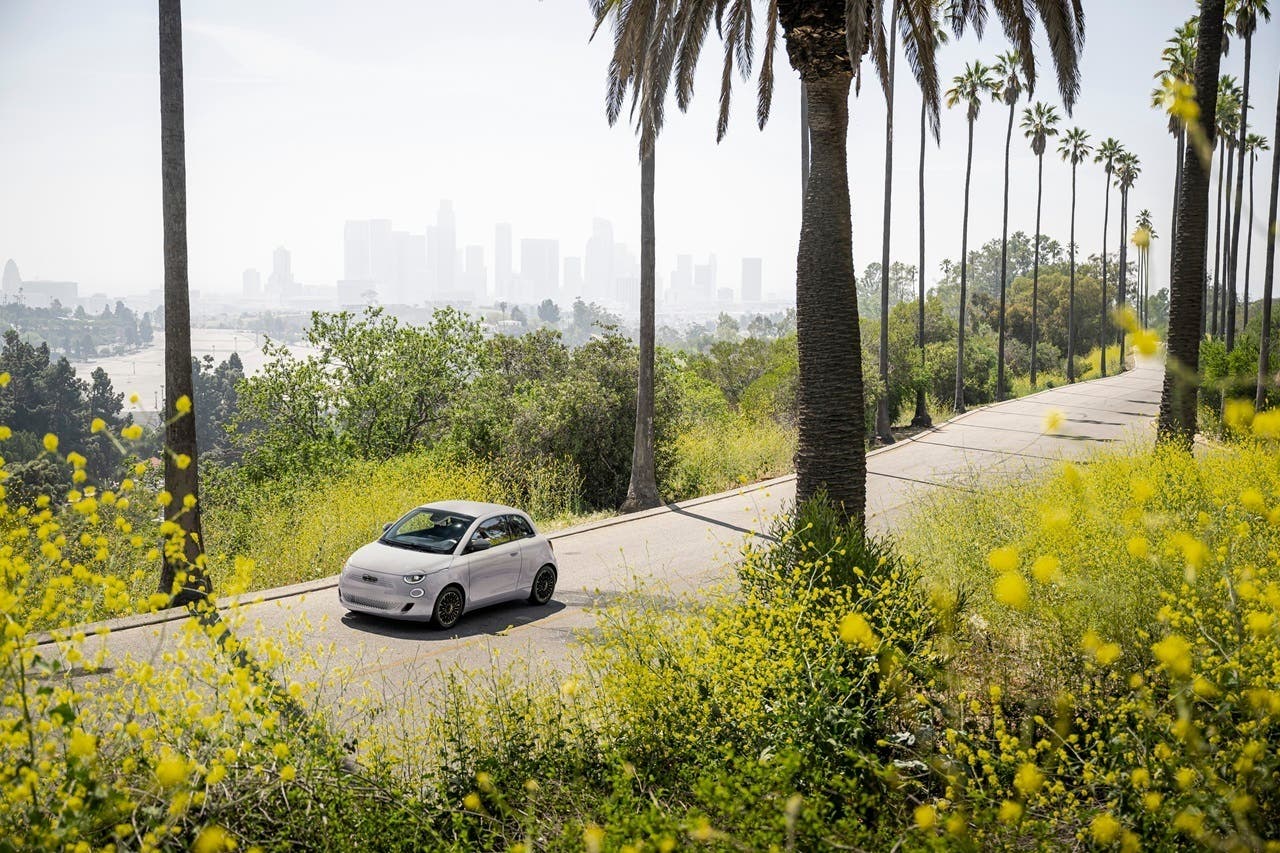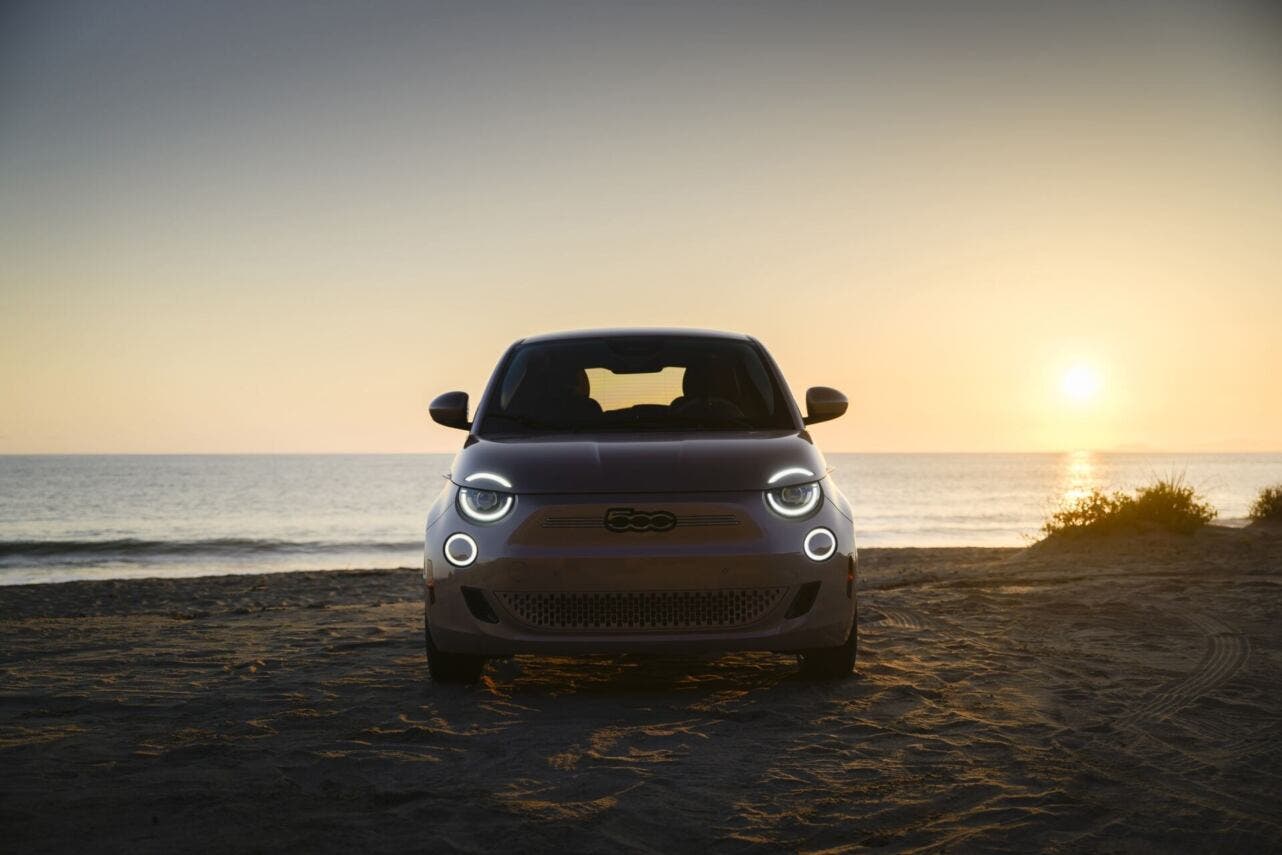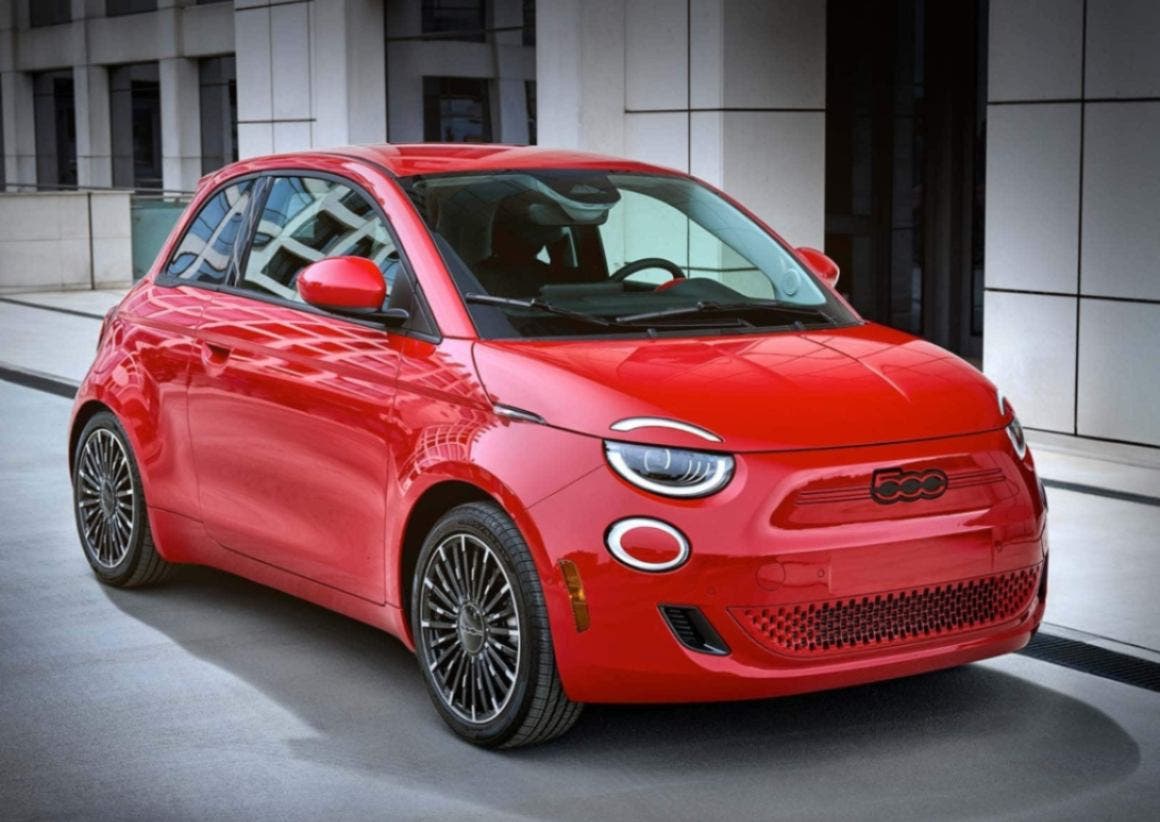With the delay of the new STLA Small platform, now planned for 2029, consequently the vehicles that were meant to use this base will also be delayed. The STLA Small is designed for vehicles with lengths between 3.5 and 4.35 meters. As a result, the new generation of the Fiat 500e, initially planned for 2027, has also been postponed.
Fiat 500e’s new generation has been delayed to 2029 following delays in the development of the STLA Small platform

Stellantis recently announced a $110 million investment in the Italian city car. By the end of next year, or at the latest in early 2026, the Fiat 500e will adopt a new battery pack with greater capacity and will be offered at a lower price compared to the current model. The new 500 hybrid version is also planned for 2025, brought forward to November next year following the brand’s declining sales.
But that’s not all, as the third generation Peugeot 2008 has also been postponed to September 2029, following delays in the STLA Small platform development. Like the Fiat 500e, this was supposed to debut in 2027. The new electric Opel Corsa and Peugeot 208 could also be added to this list, originally planned between 2026 and 2027. However, these might debut with an updated version of the eCMP platform.

In short, this is a real disaster that could cost Stellantis dearly, as they are currently experiencing extreme difficulties both in Europe and the United States. This platform would be particularly suitable for accessible electric vehicles, which is what’s needed to counter the advancement of Chinese electric cars.
The main problem with the Fiat 500e is its price, considered too high, and its limited range, starting at 190 km in the entry-level model. With the battery update next year and price cuts, there should already be a noticeable difference. However, there are currently no indications about this aspect. The fact remains that for a real change, the electric city car will have to wait until 2029.

